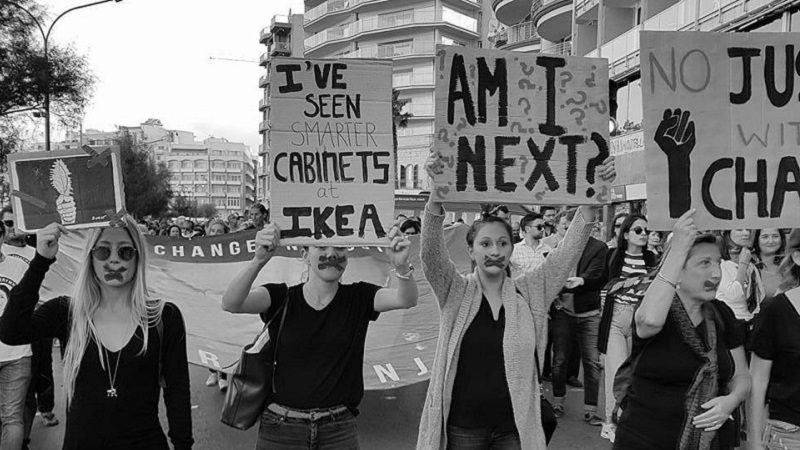After assuming office in the shadow of the Brexit referendum, Theresa May would compulsively assert her “strong and stable” government. You would think that with a hung parliament, a divided party, and an unprecedented political divorce, her government would be anything but that. If you had a strong and stable government, you would not have to keep repeating the words “strong and stable” to yourself, wouldn’t you?
Over across the continent, Muscat’s government spends chunks of taxpayer money to obsessively remind us all what an incredible country we inhabit, what a fast-growing and strong economy we prosper in, what ground-breaking civil liberties we enjoy. You would think that if we lived in an incredible country, we wouldn’t need to be constantly bombarded with “positive” sponsored self-congratulatory tweets and adverts funded by taxpayers.
Venezuela’s President, in a time of financial ruin, went on national television showing off his wealth, apparently to increase morale. If our government wants us to be positive, it should act like a democratic state, rather than put on concerts glorifying the supreme leader reminiscent of some weird cult.
Democracy means engaging in good governance practices, not by having a field day whenever the Opposition Leader sneezes, but by sacking those featured in the Panama Papers for a start. Democracy means implementing meritocracy and transparency not just use the words as slogans in electoral campaigns.
Democracy does not mean replacing a functioning government with a massive, well-resourced, well-oiled public relations machine, that attacks and provokes anyone who questions the government. On that note, maybe some MPs should stop ‘embarrising’ (sic) themselves on Twitter, too.
I don’t imagine Norway has to install billboards to remind its citizens what it’s like being the most democratic state globally. In fact, Norway is probably democratic because it allows dissenting billboards to be set up without removing them within a few hours. Nobody would accuse the owners of those billboards for staining the Norwegian government’s name, because the Norwegian government would have a solid track record that speaks for itself.
Catchwords like “serenity” and “innocence” are thrown about by the government to provide assurances to the electorate that their conscience is clean. Words like “jealousy” are chosen for larger, more developed States that look with envy at Malta, we are told. As though we had an impeccable transport system, pedestrian-friendly infrastructure, innovative modern architecture, sustainable energy and water plans, and more imagined achievements.
The Maltese Government is the most powerful and thus the most competent to safeguard Malta’s reputation, citizens are also told. Yet it is not citizens who are responsible for the “unfortunate momentary lapses of judgement”, “genuine mistakes” and “things that could have been done better” over the years. This was the reply given by the government to serious misdeeds that would warrant immediate resignations in any normal European democracy.
A serene government does not get agitated by flowers at a memorial. A democratic state does not tear down billboards it dislikes. Innocent members of government do not feel the need to provoke groups of citizens.
When a photo of former Labour Prime Minister Dom Mintoff was added to Daphne Caruana Galizia’s memorial that stands before the law courts in Valletta as a reminder that citizens are still demanding justice, those who gathered for the candlelight vigil to mark four months since her death did not remove the photo. They set an example that stood in stark contrast to the behaviour of authorities rushing to remove billboards calling for justice.













